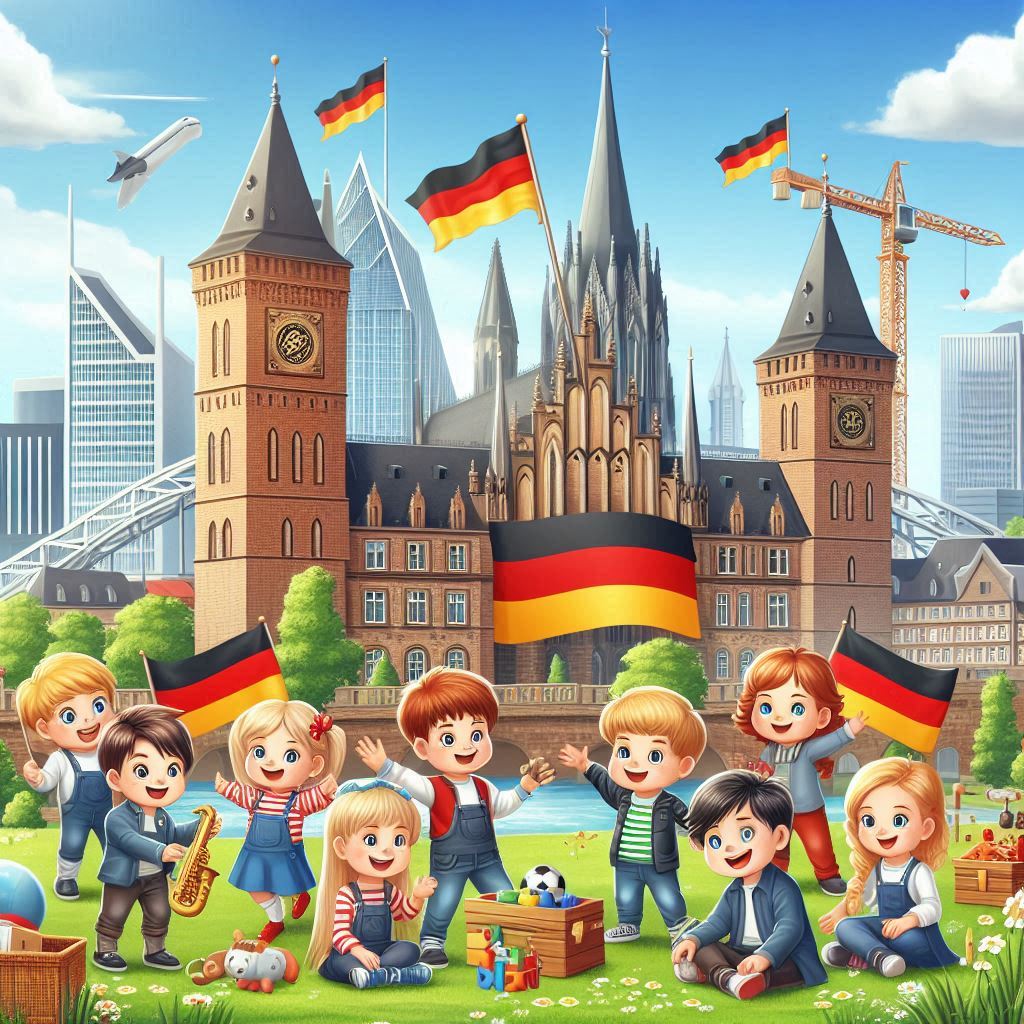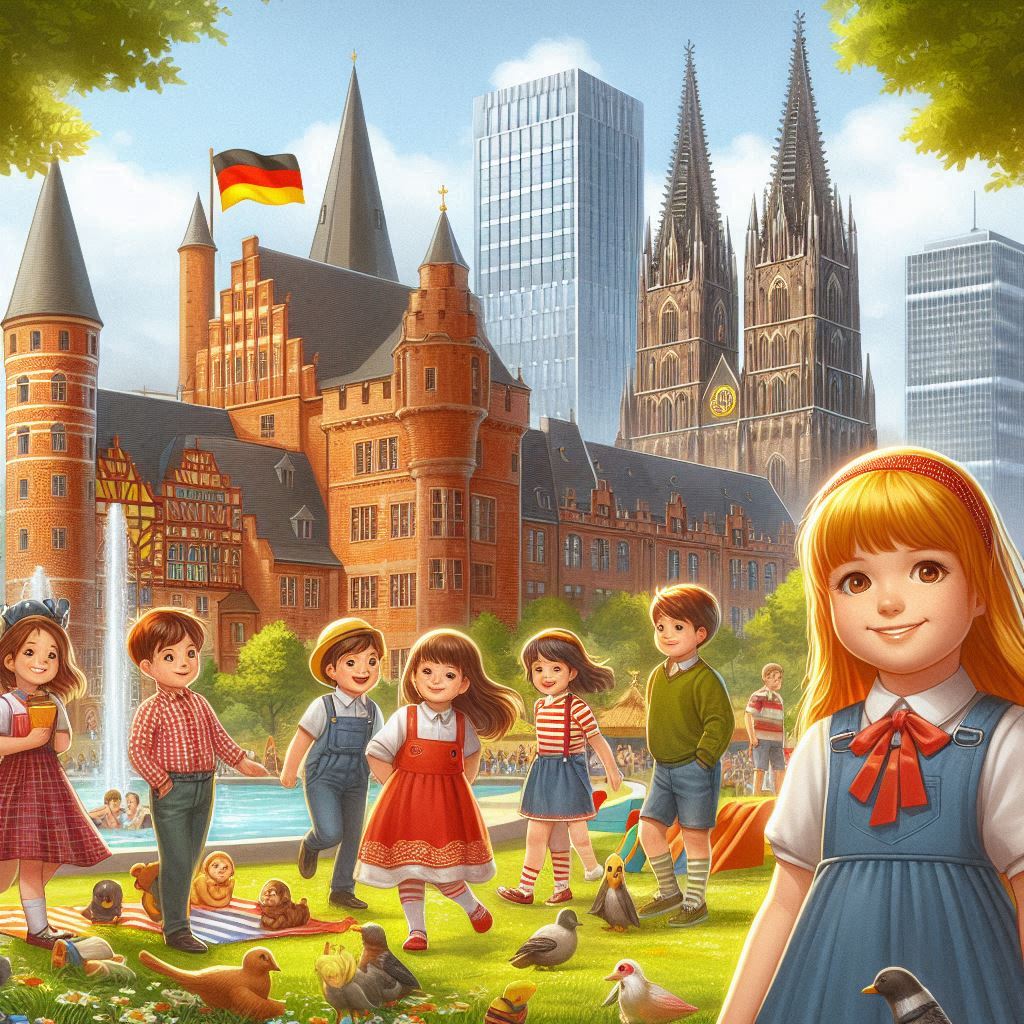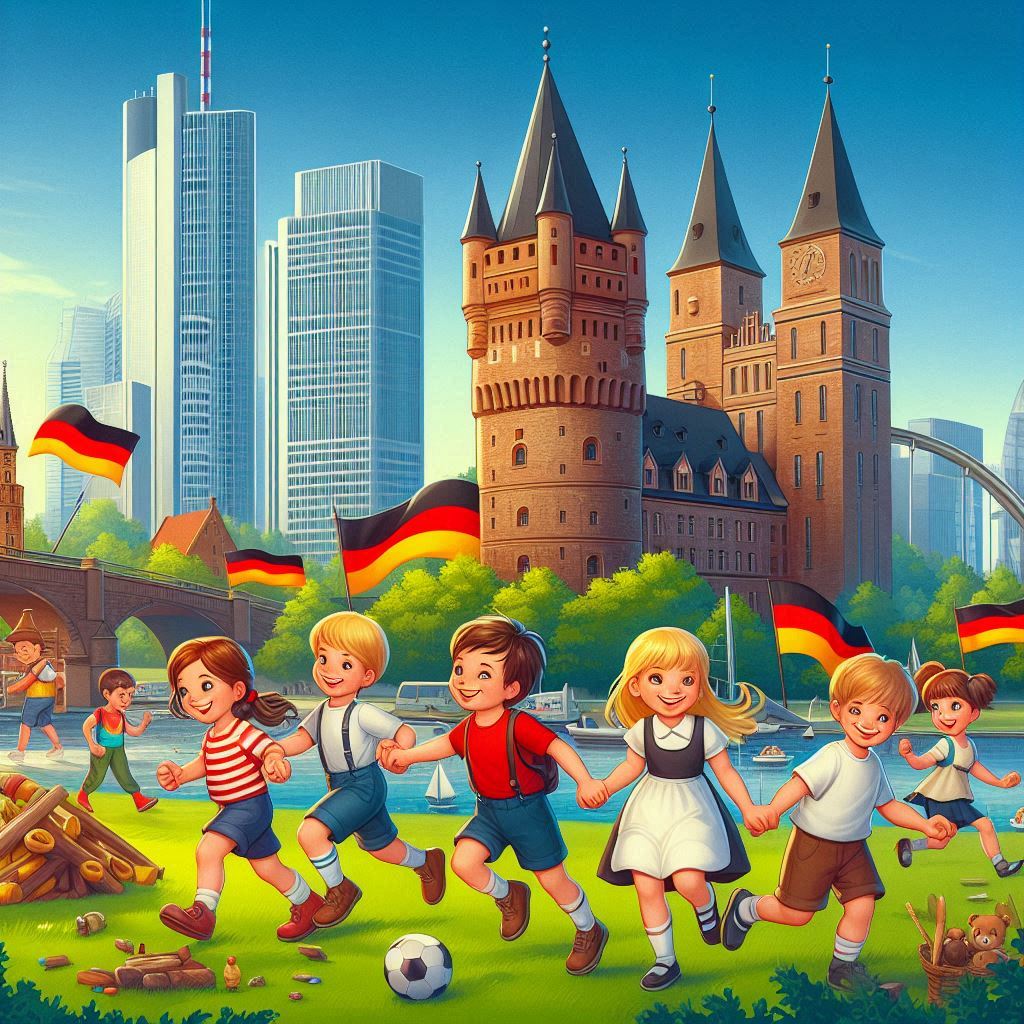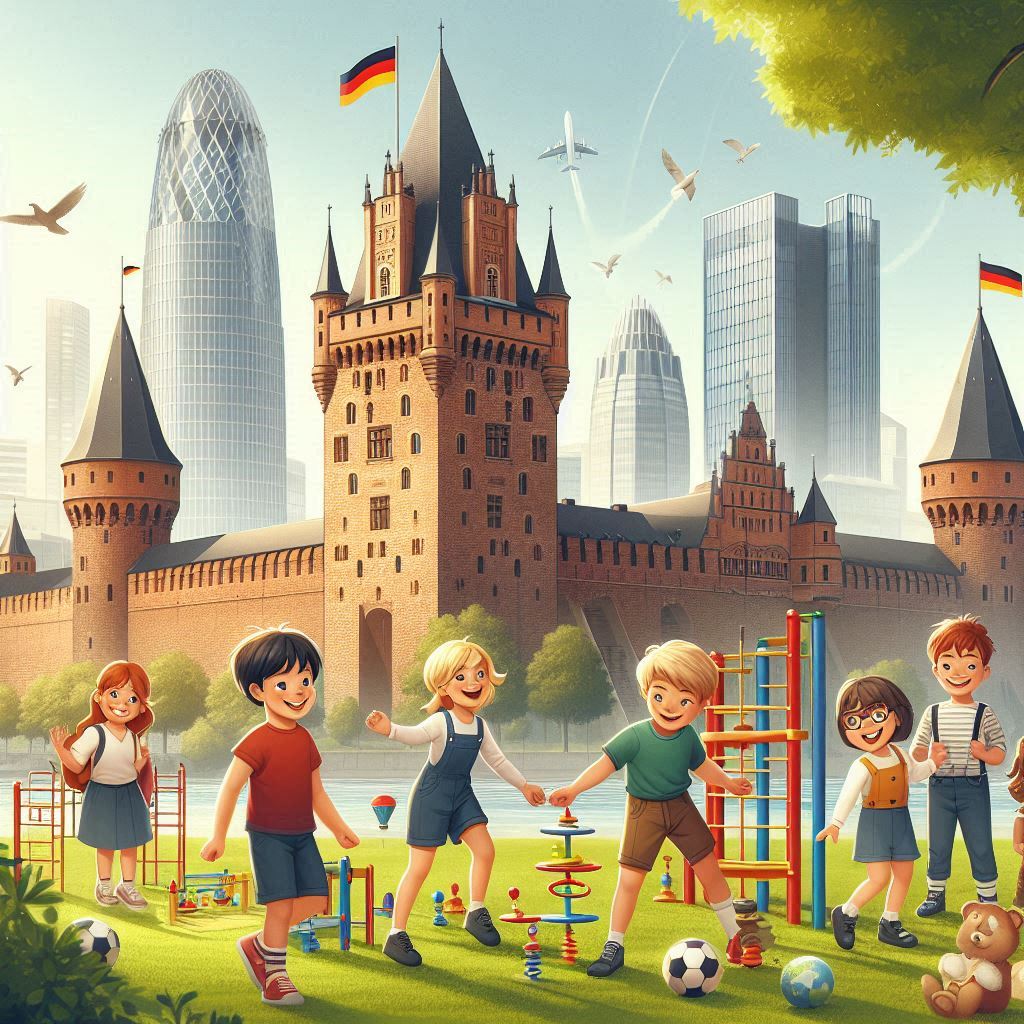為何德國人知道納粹的對猶太人的屠殺,日本人卻不知道南京大屠殺?
德國和日本在處理二戰歷史教育方面存在顯著差異,這導致兩國年輕人對各自國家在二戰期間的行為有不同程度的了解。以下是一些原因,解釋為什麼日本年輕人普遍對過去在中國屠殺平民的事件知之甚少:
歷史教育的差異
教科書內容:在德國,歷史教科書詳細描述納粹德國對猶太人的迫害和大屠殺,並且強調反省和學習這段歷史的重要性。相反,在日本的教科書中,對於二戰期間在中國及其他地區的暴行描述較為簡略,有時甚至避而不談。
教育政策:德國的教育政策強調面對歷史和學習歷史的必要性,並通過學校教育系統強制實施這一政策。日本的教育政策則較為保守,對於戰爭責任的描述有所保留,並強調愛國主義和自豪感。
政府態度與政治影響
政府的歷史態度:德國政府承認並公開道歉納粹罪行,並且積極推動歷史教育和紀念活動。日本政府對於二戰中的行為有時態度曖昧,部分政客甚至公開否認或淡化侵略行為,這對歷史教育產生不利影響。
政治壓力:日本國內政治環境中,有一些勢力試圖美化或否認過去的戰爭罪行,並對相關教育內容施加壓力,導致歷史教育無法全面深入。
社會與文化因素
社會反省:德國社會普遍認同對歷史的深刻反省和記憶的重要性。日本社會對於歷史的反省較為分裂,許多人認為應該向前看,不應過多追究過去的錯誤。
紀念和宣傳:德國有許多紀念猶太人大屠殺和納粹罪行的博物館和紀念場所,並且經常舉行相關活動。相對而言,日本缺乏這類規模的紀念設施和活動,這使得年輕人接觸和了解這段歷史的機會減少。
媒體與公共討論
媒體報導:德國媒體經常報導和討論納粹時期的歷史問題,保持社會對這段歷史的記憶和反思。日本媒體對於二戰期間在中國的暴行報導相對較少,公共討論也不多,導致年輕人缺乏相關資訊。
綜上所述,歷史教育的內容與政策、政府態度、社會反省、紀念設施的缺乏以及媒體報導的不足等多方面原因,導致日本年輕人普遍對過去在中國屠殺平民的事件知之甚少。要改變這一現狀,需要在教育體系、政府政策、社會文化等方面進行全面改革和推動。
Germany and Japan handle WWII historical education very differently, leading to varying levels of awareness among young people about their countries' actions during the war. Here are some reasons why Japanese youth generally know little about the massacres of civilians in China during WWII:
Differences in Historical Education
Textbook Content:
In Germany, history textbooks provide detailed accounts of Nazi persecution and the Holocaust, emphasizing the importance of reflection and learning from this history. In contrast, Japanese textbooks often briefly mention or sometimes avoid discussing the atrocities committed in China and other regions during the war.
Education Policies:
German education policy mandates confronting history and learning from it, implementing this policy through the school system. Japanese education policies are more conservative, often downplaying wartime responsibilities and emphasizing patriotism and national pride.
Government Attitude and Political Influence
Government Stance on History:
The German government acknowledges and openly apologizes for Nazi crimes, actively promoting historical education and commemorative activities. The Japanese government sometimes takes an ambiguous stance on wartime actions, with some politicians publicly denying or downplaying acts of aggression, negatively impacting historical education.
Political Pressure:
In Japan, certain political forces attempt to beautify or deny past war crimes and exert pressure on related educational content, preventing comprehensive and in-depth historical education.
Social and Cultural Factors
Societal Reflection:
German society generally agrees on the importance of deep reflection and remembrance of history. Japanese society is more divided on historical reflection, with many believing that the focus should be on the future rather than dwelling on past mistakes.
Commemoration and Promotion:
Germany has numerous museums and memorials dedicated to the Holocaust and Nazi crimes, with frequent related activities. In contrast, Japan lacks similar large-scale commemorative facilities and activities, reducing opportunities for young people to encounter and understand this history.
Media and Public Discourse
Media Coverage:
German media frequently report and discuss issues related to the Nazi period, maintaining societal memory and reflection on this history. Japanese media reports on wartime atrocities in China are relatively few, with limited public discussion, leaving young people without much information.
In summary, differences in educational content and policies, government attitudes, societal reflection, lack of commemorative facilities, and insufficient media coverage all contribute to Japanese youth generally knowing little about the massacres of civilians in China during WWII. Addressing this issue requires comprehensive reform and promotion in the education system, government policies, and societal culture.




照片:DALLE3
- 1
- 2
- 3
- 4
